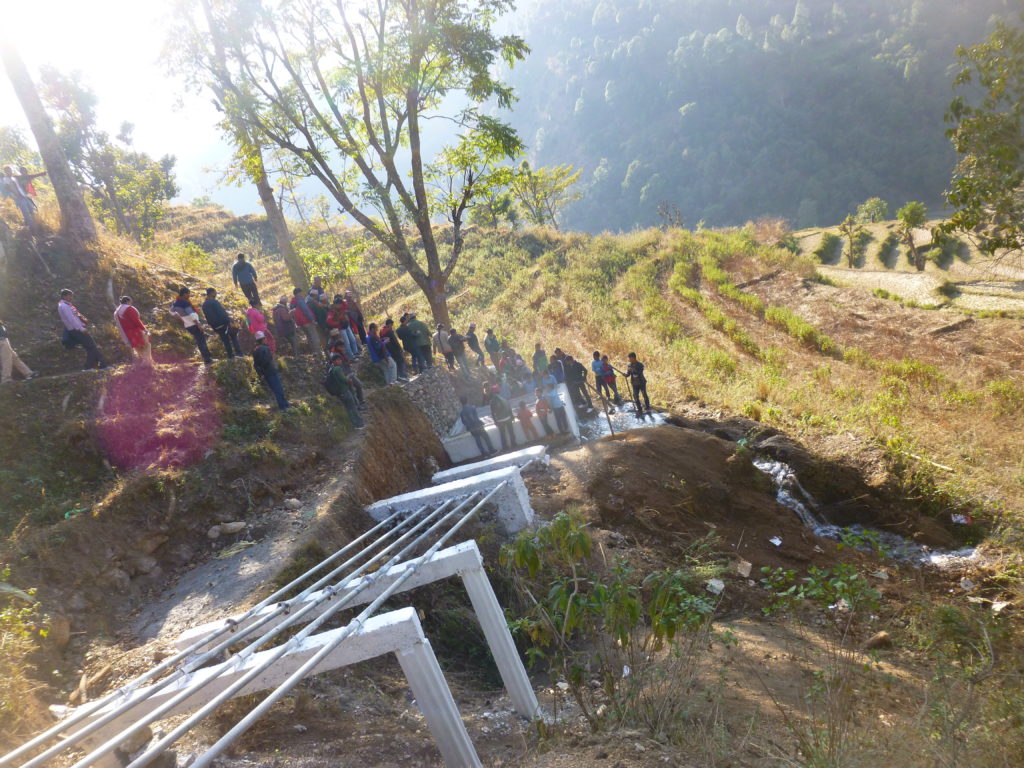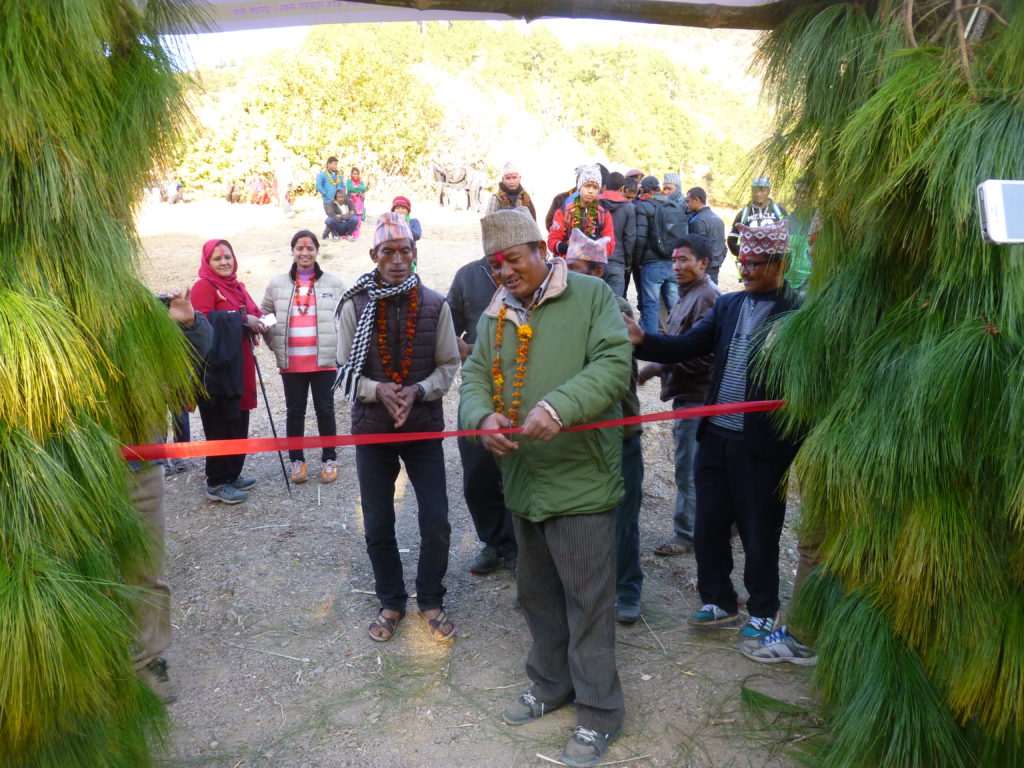Top fundraising tips: Renewable World
Find out how Renewable World charity find funding for projects that aim to tackle poverty by using renewable energy, and get their top fundraising tips.
Could you imagine going about your day-to-day life without light at the flick of a switch or water at the turn of a tap? Throughout the world today, 1.4 billion people have no access to energy.
Formally known as the Koru Foundation, Renewable World was set up in 2007 to tackle poverty in developing countries by facilitating the provision of practical and cost-effective renewable energy systems. The charity work to support individuals within the Renewable Energy Industry and act as a bridge between the European Renewable Energy sector and energy poor communities who are most vulnerable to the effects of climate change.
Work and Projects
The projects that Renewable World provide, implement clean energy to improve crop yield, nurture new businesses and enable communication. Healthcare and education are given a much needed boost with schools being able to stay open later, improving the use of clean lighting and water, as well as making healthcare like vaccines more accessible.
Projects include the recent unveiling of one of Renewable World’s water-pumping sites in Ghenam, Nepal. The improved water access saves water collection time, improves sanitation in households and betters agricultural quality and quantity, as well as the income and health of the community.
Paddy Vipond, Fundraising Officer
The charity utilise several streams to find funding for their projects, including corporate funding, challenge events & public fundraising, and trusts & foundations. Last financial year, around a third of their income was generated by trust funding.
Fundraising Officer Paddy Vipond researches for funding via subscriptions to funding lists, database websites (such as trustfunding.org), groups on networking sites as well as general internet research.
| “Trustfunding.org is a useful portal that can ease the research process when organisations are trying to find potential funders. The ability to filter Trusts and Foundations (T&Fs) according to the areas and regions in which they focus greatly improves the speed at which you are able to create a hit-list of potential donors, as well as perhaps bring to your attention T&Fs who you may not have considered previously.” |
Paddy’s top fundraising tips
- Make it relevant – do not waste your time and energy on pursuing a funder who does not fit with your work. You only have limited hours in a day and in a week. Use those hours where they are going to be most effective.
- Follow instructions – submitting an application that does not conform to their guidelines is as good as not submitting an application at all. Many donors will not even look at an application that does not follow their instructions.
- Proofread – double check yourself and then get a colleague to proofread it before sending. Nothing is perfect the first-time round.
- Knowledge – take the time to learn the project that you are funding for. Dig into the detail and really get to grips with what its focus and expected outcomes are.
- Relationships – build and maintain good working relationships. Repeat funding is often taken for granted, but it comes from a strong connection based on honesty and trust. Be open with your donors and update them on the progress of their funded project.
- Never settle – always keep an eye and ear out for potential donors and opportunities. Your pipeline can never be big enough. And don’t take a rejection personally, it means no this time. Set your failures as challenges to overcome in 12-months’ time.
- Appearance – make any material or copy jargon-free, easy to read, and attractive to look at. Equal time should be dedicated to content and layout.
- Learn – from colleagues, from mistakes, and from training workshops and events.
- Post – nothing beats good old fashioned Royal Mail delivered correspondence. Voicemails can be forgotten and emails passed over.
- Start early – for larger fundraising proposals, it’s best to start as early as possible. Don’t leave everything for a last-minute rush on deadline day.




